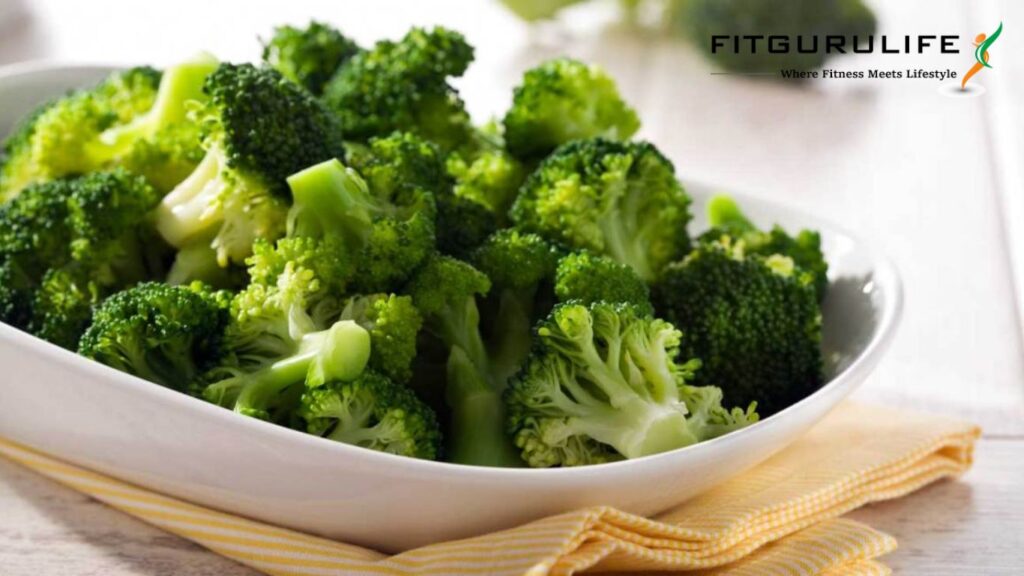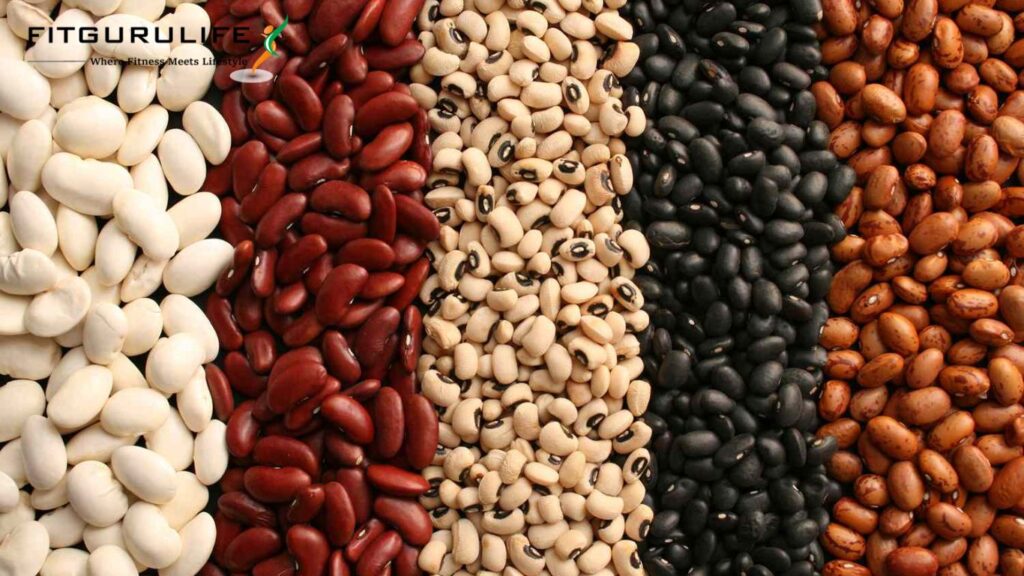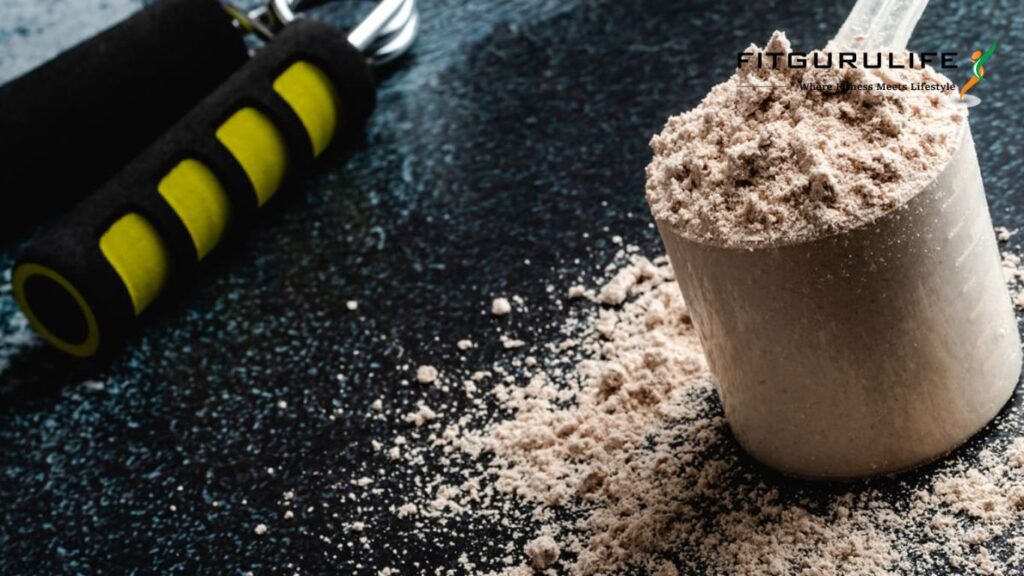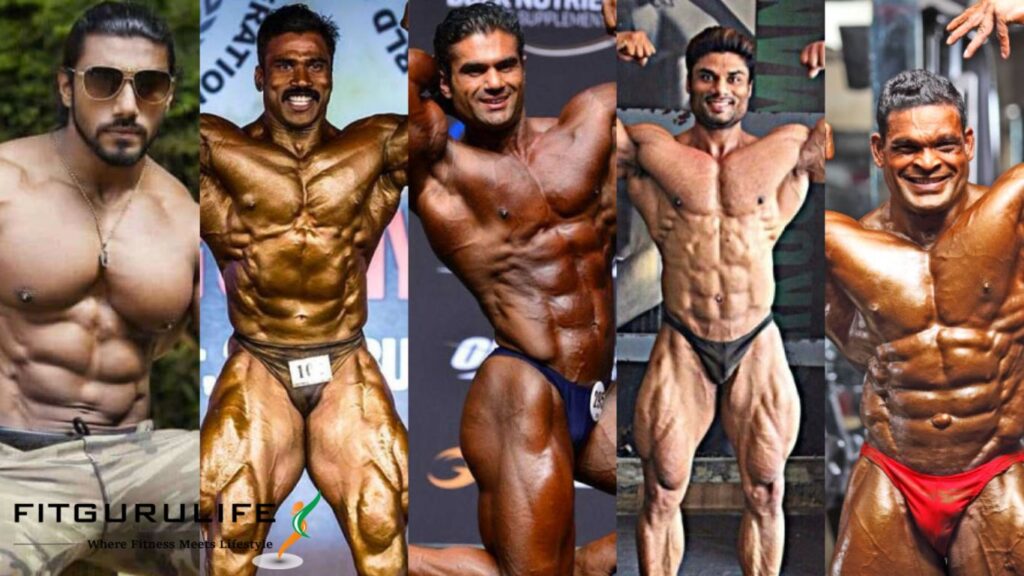When one thinks of bodybuilding, it’s often meat, eggs, and dairy that first come to mind as essential protein sources. However, the vegan movement has rapidly expanded over recent years, offering a plethora of plant-based proteins that have proven to be both effective and sustainable. Bodybuilders can achieve their muscular goals on a vegan diet, and many are doing just that. Let’s delve deep into the world of vegan protein sources that are a boon for bodybuilders.
Legumes: A Staple in the Vegan Diet
Lentils: With about 18 grams of protein per cooked cup, lentils are a powerhouse. They can be transformed into a variety of dishes, from stews and soups to salads and patties.
Chickpeas: Also boasting around 18 grams of protein per cooked cup, chickpeas (or garbanzo beans) offer versatility. They’re the primary ingredient in hummus, but they can also be roasted, added to salads, or incorporated into curries.
Black Beans: Delivering 15 grams of protein per cooked cup, black beans are not only delicious in tacos, soups, and salads but are also great for muscle recovery and growth.

Seeds: Small in Size, Big on Protein
Hemp Seeds: These are a true superfood with around 10 grams of protein in just 3 tablespoons. Additionally, they’re a complete protein source, meaning they provide all the essential amino acids your body needs.
Chia Seeds: Offering 5 grams of protein in two tablespoons, chia seeds are ideal for smoothies, puddings, and even baking.
Flax Seeds: Besides being rich in omega-3 fatty acids, two tablespoons of flax seeds give about 4 grams of protein. They can be a wonderful egg substitute in vegan baking.
Grains: Not Just for Carbs

Quinoa: Unlike most plant foods, quinoa is a complete protein. A cooked cup provides around 8 grams of protein. It’s a fantastic substitute for rice and can be used in salads, bowls, and even breakfast dishes.
Oats: A staple breakfast for many, oats offer around 6 grams of protein per half-cup serving. From overnight oats to granolas and pancakes, its versatility is commendable.
Teff: This lesser-known grain is packed with protein, offering around 10 grams per cooked cup. Originating from Ethiopia, it’s often used to make injera, a type of sourdough flatbread.
Nuts and Nut Butters
Almonds: Consumed whole, chopped, or as almond butter, they provide around 6 grams of protein per ounce.
Peanuts: Similar to almonds, an ounce of peanuts or peanut butter serves up almost 7 grams of protein. They can be a fantastic snack or an addition to dishes for a protein boost.
Cashews: With 5 grams of protein per ounce, cashews are often used in vegan cuisine to make creamy sauces or delightful desserts.
Plant-based Protein Powders

Pea Protein: Made from yellow peas, this protein powder is often favored by vegan bodybuilders for its high protein content and palatability.
Brown Rice Protein: Though not a complete protein on its own, it’s often combined with other protein sources in blends.
Hemp Protein: Derived from hemp seeds, it’s a complete protein and can be a wonderful addition to shakes and smoothies.
Soy: A Controversial, Yet Powerful Protein
Tofu: With 20 grams of protein per half-cup, tofu is incredibly versatile. It can be grilled, scrambled, stir-fried, or even baked.
Tempeh: Made from fermented soybeans, a half-cup of tempeh packs in about 15 grams of protein. Its nutty flavor is beloved in various cuisines.
Edamame: Young green soybeans offer 8 grams of protein per half-cup. They’re delightful as snacks or tossed into dishes.
The Way Forward for Vegan Bodybuilders

There’s a misconception that vegan diets lack sufficient protein, especially for those in bodybuilding. However, as illustrated, numerous plant-based sources are abundant in protein. The key lies in variety. By diversifying one’s diet and combining different protein sources, vegan bodybuilders can ensure they’re getting a comprehensive amino acid profile.
Furthermore, while protein is undoubtedly vital, it’s essential to remember the importance of carbohydrates and fats, micronutrients, and overall caloric intake for muscle building and recovery.
Lastly, with the rise of veganism, many companies now offer ready-made vegan products tailored for fitness enthusiasts. From protein bars to plant-based meat substitutes, there’s no shortage of options for those looking to build muscle the vegan way.
In conclusion, vegan bodybuilding isn’t just a trend; it’s a sustainable and effective approach to fitness. With the right knowledge and resources, one can easily thrive and achieve their bodybuilding goals on a vegan diet. So, the next time someone questions the viability of vegan bodybuilding, you have a protein-packed list to debunk those myths.
